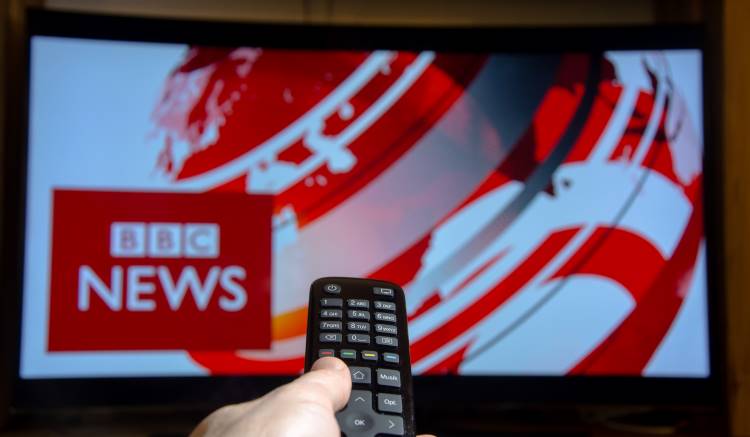BBC Broadband Levy Could Replace TV Licence Fee

A new monthly levy on broadband connections could replace the current television licence fee, the BBC has suggested.
The suggestion comes in response to the government’s proposal to decriminalise the non-payment of television licence fees.
The broadcaster stated that it was strongly in favour of maintaining the current court-enforced licence fee system in the meantime, however it would like to explore other avenues.
One such avenue is following what some other countries in Europe do, and applying a model of funding ‘linked directly to an existing common household bill’ such as broadband connection, energy supply, or council tax.
“This would be a significant change for the UK and we are not, at this stage, advocating it,” said the BBC. “It does however raise an interesting question as to whether the current system could be made much simpler, more efficient and more automated. We are open to exploring this further”.
The BBC warned that the cost in setting up a new system in which non-payment of the licence fee is enforced as a civil debt, such as is the case with utility bills, would be in the region of £300m.
It is estimated that around 5% of households evade paying the licence fee, but this would double to around 10% if non-payment was decriminalised. This would cost the BBC £200m annually, requiring further cuts to BBC output.
Under the new system being proposed, non-payers’ credit ratings would be jeopardised, as well as bailiffs being sent on behalf of the BBC to collect payment for fees.
In 2018, around 130,000 people were prosecuted for failure to pay the licence fee, with 5 people within England and Wales being imprisoned for non-payment of the fines ordered by the court.
“The BBC is a universal service – one to which everyone contributes and everyone receives something in return,” the BBC argued in its proposal to keep the current system. “Any system based on a universal contribution must have a sufficient deterrent and sanction to ensure that principle holds up and the system is fair to those who do pay, as well as those who don’t”.
The BBC also highlighted the fact that the system currently provides indirect subsidies to the court system via the £28m charged annually in magistrates’ fees in order to prosecute fee-evaders.
The current lockdown due to the coronavirus pandemic has meant that licensing officials have had to suspend visits to homes for the time being. This in turn is likely to lead to an increased number of people watching TV without a licence who are not being followed-up for payment.
Read on our blog

With the government poised to implement tough new measures to...

Budget broadband provider TalkTalk has been notifying customers via email...

A year-long investigation by charity Citizens Advice has revealed a...

Education Secretary Nadhim Zahawi has announced a new commitment to...
